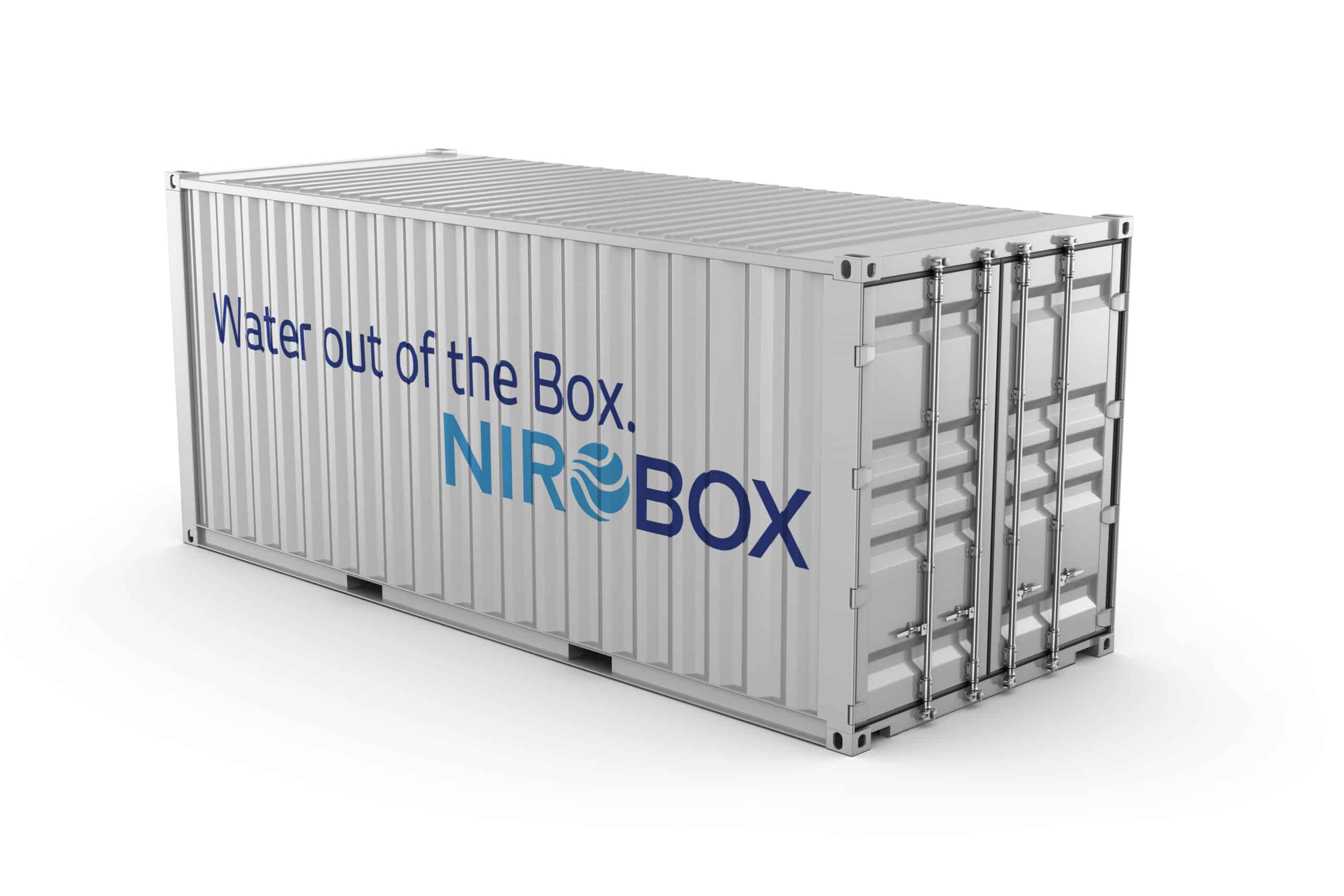About a quarter of the global disease load has been be attributed to environmental factors, such as water stress. In Africa, droughts are common and the climate change related changing weather patterns, create a confusing mix of uncertainty among especially poor communities.
Plant and animal species are disappearing at an alarming rate, due to human activity. When an area loses a large percentage of its fresh water, animals die off. In some cases, a species goes entirely extinct. This leads to a decrease in the region’s biodiversity.
South Africa ranks as the third most biodiverse country in the world. It is recognised for high levels of endemism and is home to over 95,000 known species. The country also boasts a diverse range of forests to deserts, estuaries and marine systems.
South Africa’s biggest cities are running out of water. Many large metros and municipalities are not prepared for extended electricity outages that disrupt the supply of potable water and sanitation services. SALGA reported that historic and current financial constraints have led to under-investment in new and existing infrastructure nationally.
Due to South Africa’s vast landscape, we recommend using a solution that gives you the flexibility you need – one that visually aligns to the surrounding environment, with it’s contemporary design. The NIROBOX™ FW is a stellar decentralised modular, self-contained system that has the ability to treat feed water from non-saline sources such as rivers, lakes, or wells.
What’s in the NIROBOX™ FW?
The NIROBOX™ FW modular system contains:
- Coagulation and chlorination dosing systems
- A hydro-cyclone to retain solids particles up to 70 μm
- Disc filtration to retain solids particles up to 55 μm
- Ultrafiltration membranes to retain solids particles and microorganisms up to 0.01 μm.
- Automatic backwashing, chemically enhanced backwashing, and clean-in-place systems
Come visit us in our Durban Head Office and sit down with our staff for more information on our remarkable portfolio of products.

